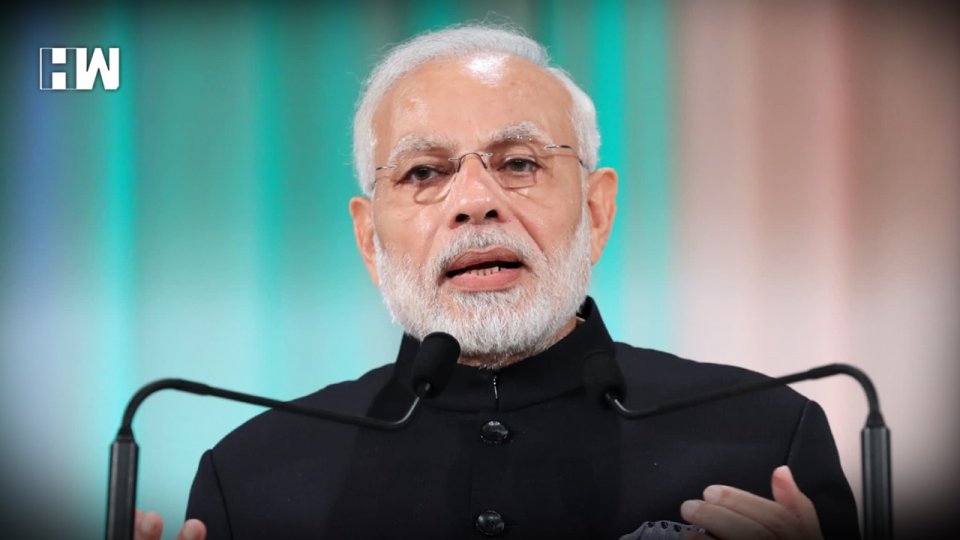Shimla | Congress leader Gulam Nabi Azad on Thursday likened Prime Minister Narendra Modi’s decisions to that of the controversial 14 century Delhi ruler Mohammad Bin Tughlaq.
Criticising the 2016 demonetisation move, the leader of opposition in Rajya Sabha alleged that Modi gave many ‘Tughlaqi farman’ (diktats) during his rule due to which common people suffered.
“Modi changed the currency notes of Rs. 500 and Rs. 1,000 with new currency notes as Tughlaq had done by issuing currency of brass and copper during his rule,” Azad told reporters.
Tughlaq, who ruled the Delhi Sultanate for a short period of time in the 14th century, was known for his controversial decisions like shifting the capital of the Sultanate from Delhi to Daulatabad and introducing non-precious metal currency.
“Modi withdrew Rs 500 and Rs 1,000 currency notes during demonetisation claiming that it will check black money but later he circulated Rs 2,000 currency notes, which was contradictory in itself,” Azad said.
The former Jammu and Kashmir chief minister alleged that Modi took the decision of demonetisation “without getting the consent of the RBI governor and the cabinet”.
Azad claimed that demonetisation and wrongly implemented Goods and Services Tax (GST) had adversely affected the economy especially small and medium scale industries due to which over 4.5 crore people became jobless.
Talking about Pradhanmantri Fasal Beema Yojna, he claimed that the insurance companies were benefited “to the tune of Rs 3000 crores from this scheme implemented by Modi government, while only 45 per cent farmers were covered under this scheme”.
“I asked in Parliament if this scheme has been implemented for the benefit of farmers or for insurance companies, but Modi did not give any reply,” he said.
Asked if it is appropriate to equate a democratically elected prime minister with Tughlaq, Azad replied, I have not equated Modi with Tughlaq. I just said Modi is like Tughlaq.”
As an independent media platform, we do not take advertisements from governments and corporate houses. It is you, our readers, who have supported us on our journey to do honest and unbiased journalism. Please contribute, so that we can continue to do the same in future.

